In the heart of North Myrtle Beach lies a treasure known to locals as Ingram Dunes. Nestled in the historic Crescent Beach neighborhood, the last 9.4 acres of an ancient dune system continues to thrive. This relic dune system remains as the last of its kind and, rising 50 feet above sea level, is home to the highest relic dune in South Carolina. ~~~~~~~~~~~~~~~~~~~~~~~~~
An aerial view of the Ingram Dunes, located in the heart of North Myrtle Beach off of Hillside Drive, between 9th and 10th Ave South.
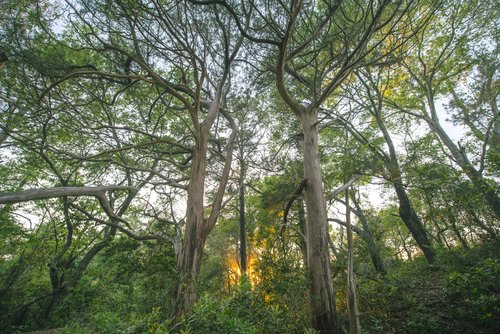 Consists of 9.4 acres of coastal maritime forest located in North Myrtle Beach, SC.
Consists of 9.4 acres of coastal maritime forest located in North Myrtle Beach, SC.
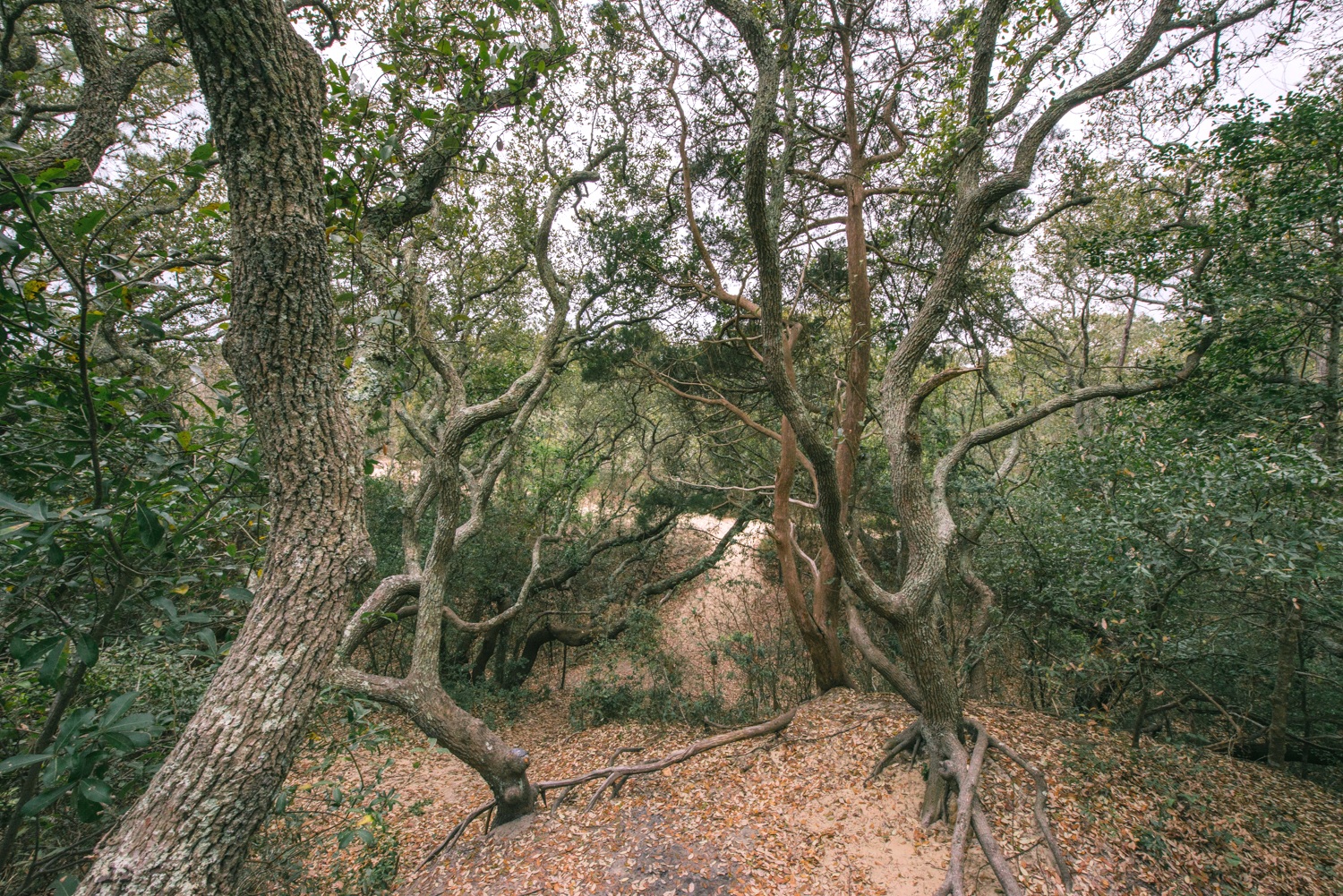
Rises 50 feet above sea level, making it home to the highest relic dune in the entire state of South Carolina.
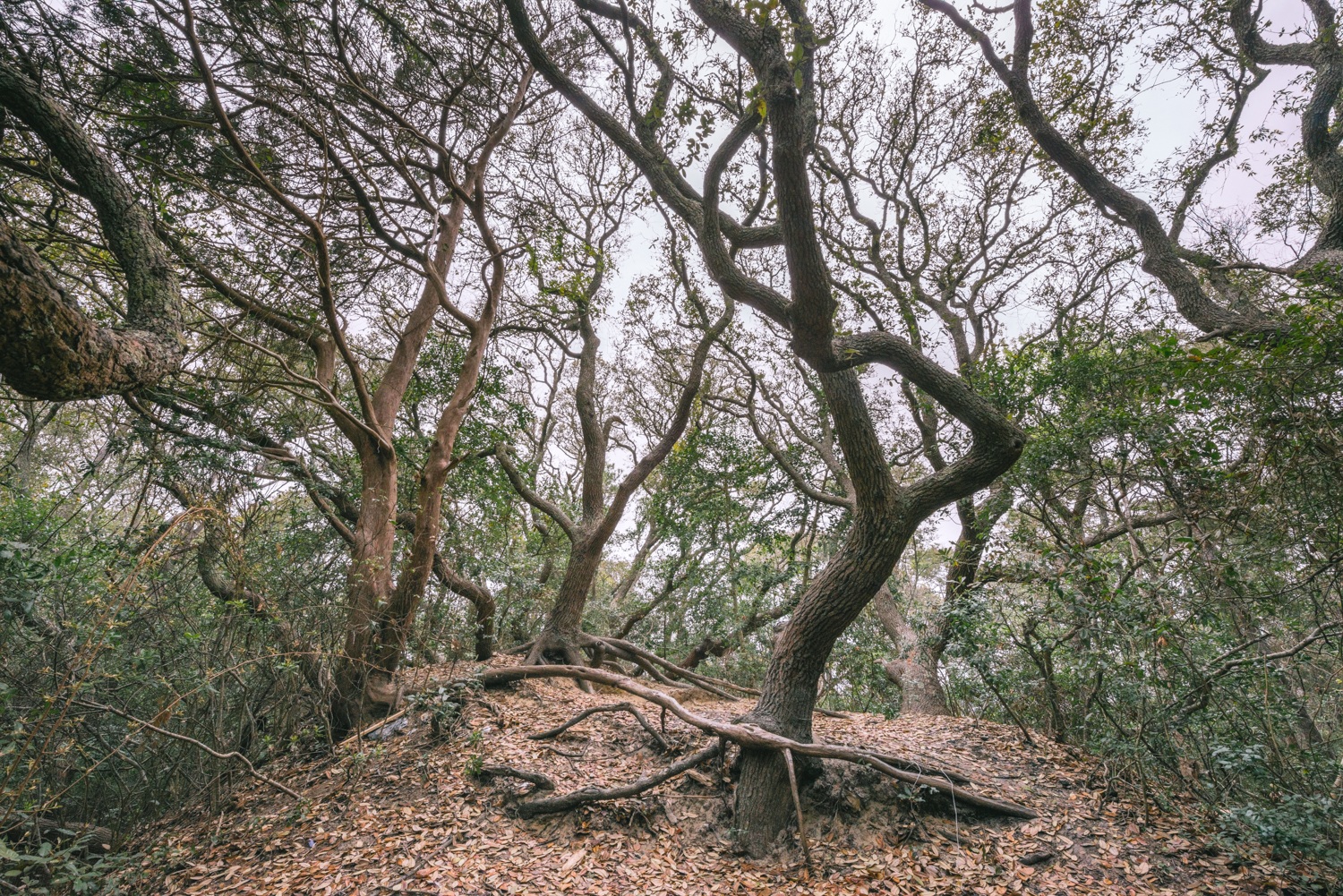
Home
to many species of wildlife (foxes, deer, owls, woodpeckers, turtles)
and serves as an important refuge for migratory birds.
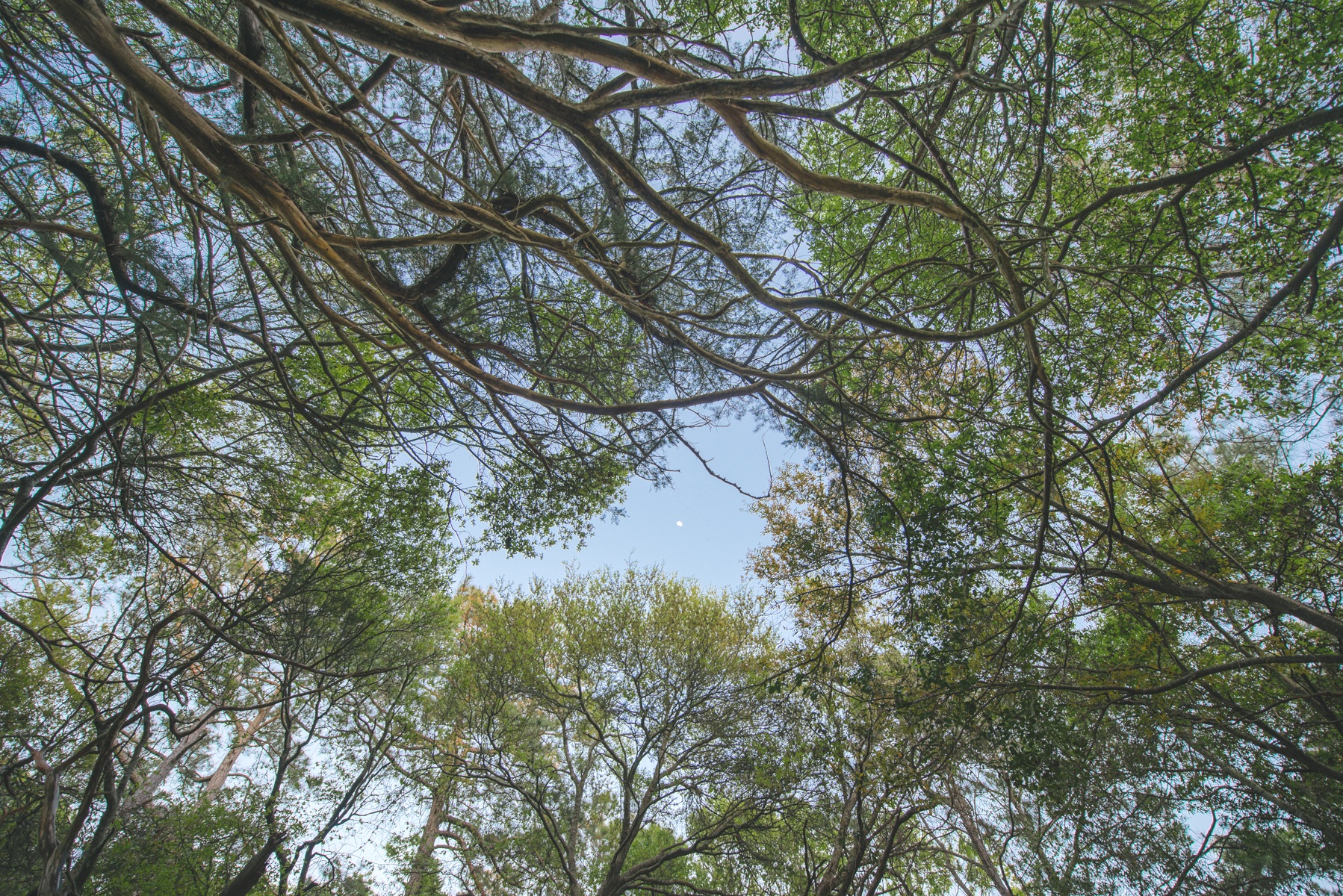
One of the last remaining examples of our beach’s natural history.

Formed
80,000 to 100,000 years ago when the ocean was much higher. The top of
the high dunes were likely islands in the Atlantic Ocean at one time.
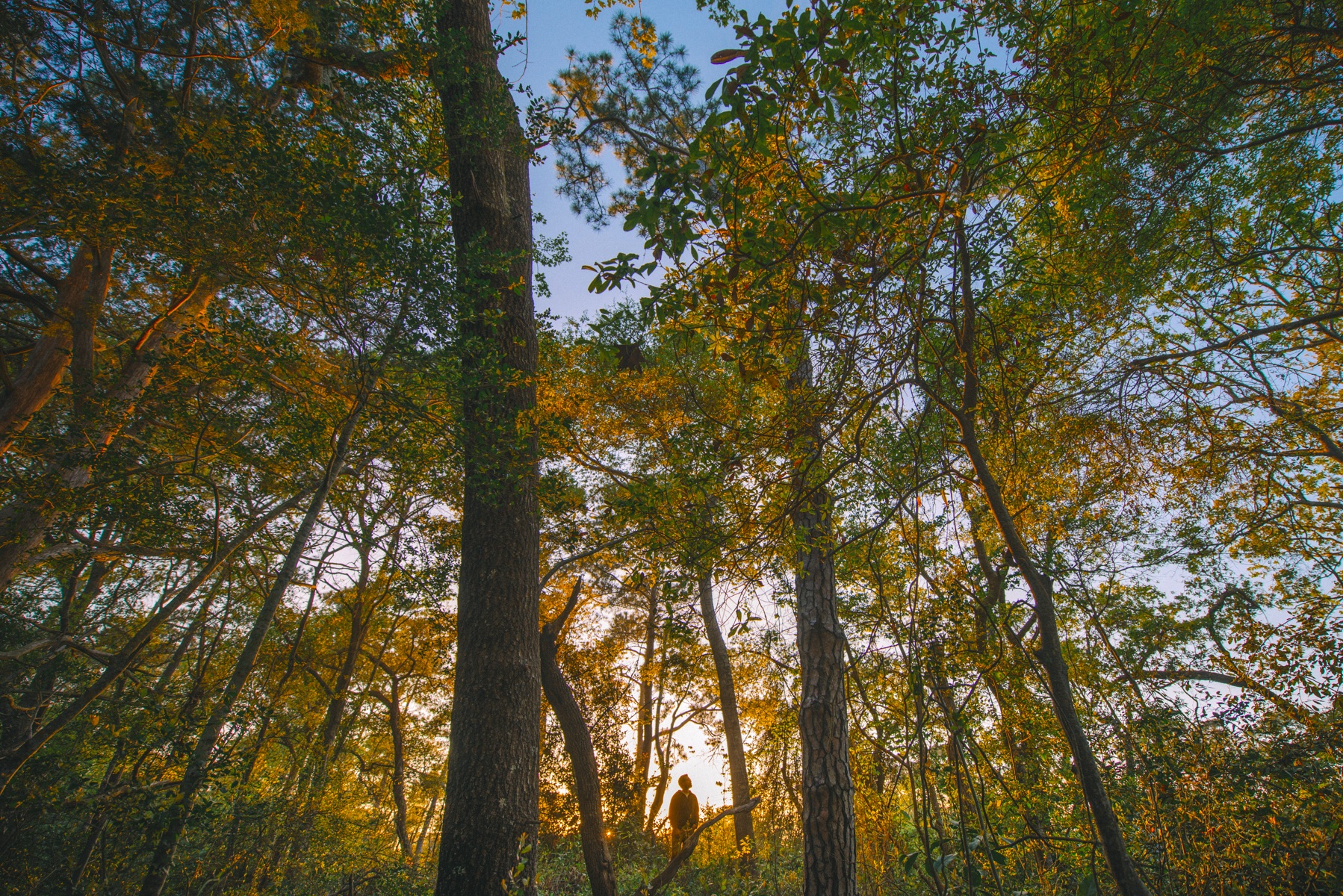
For over 70 years the dunes have been used and enjoyed by generations of the city’s residents.
“Some of my fondest memories of growing up are playing in the hillside dunes. They are a treasure of North Myrtle Beach and should be preserved."
For thousands of years this last remaining piece of massive dune system remained virtually untouched, Ingram Dunes. _ _ _ _ _ _ _ _ _ _ _ _ _ _ _
In October of 2016 a request by a developer to build on the site was presented to the City of North Myrtle Beach Planning Commission for review and approval. The notification sent shockwaves throughout the community. The proposal involved bulldozing and flattening the property, resulting in a total loss of natural habitat and history. It was at that time that a coalition of concerned citizens sprang into action.
A group of local community members got together in an effort to preserve this unique place. Since 2016 the community has been working with the owners of the property, The City of North Myrtle Beach, local and national conservation organizations, state government entities, and fellow North Myrtle Beach citizens to purchase and preserve Ingram Dunes in perpetuity as a passive park and nature preserve.
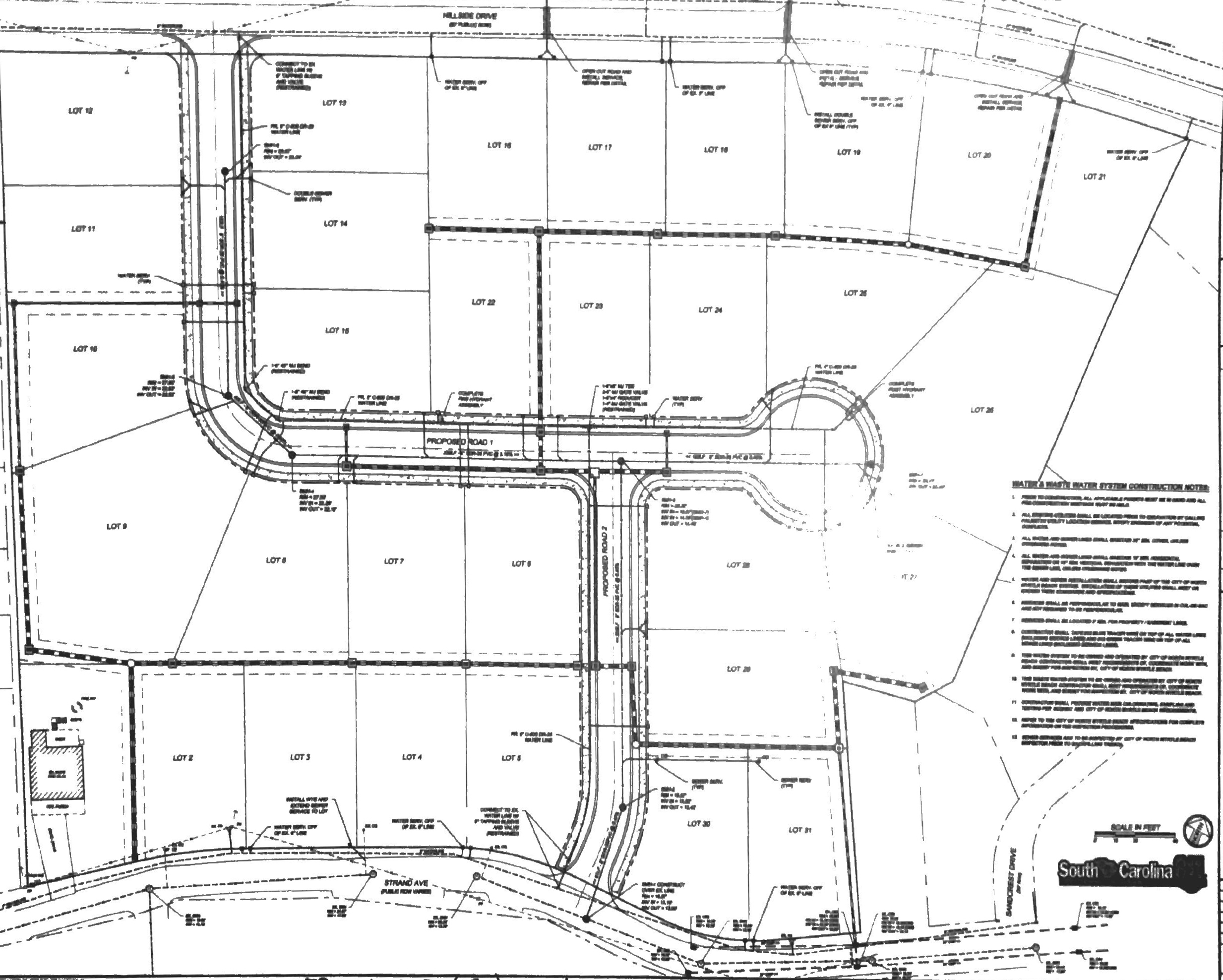
Building
proposal for a 31-home subdivision involves bulldozing and flattening
the property, resulting in a complete loss of natural habitat and
history.
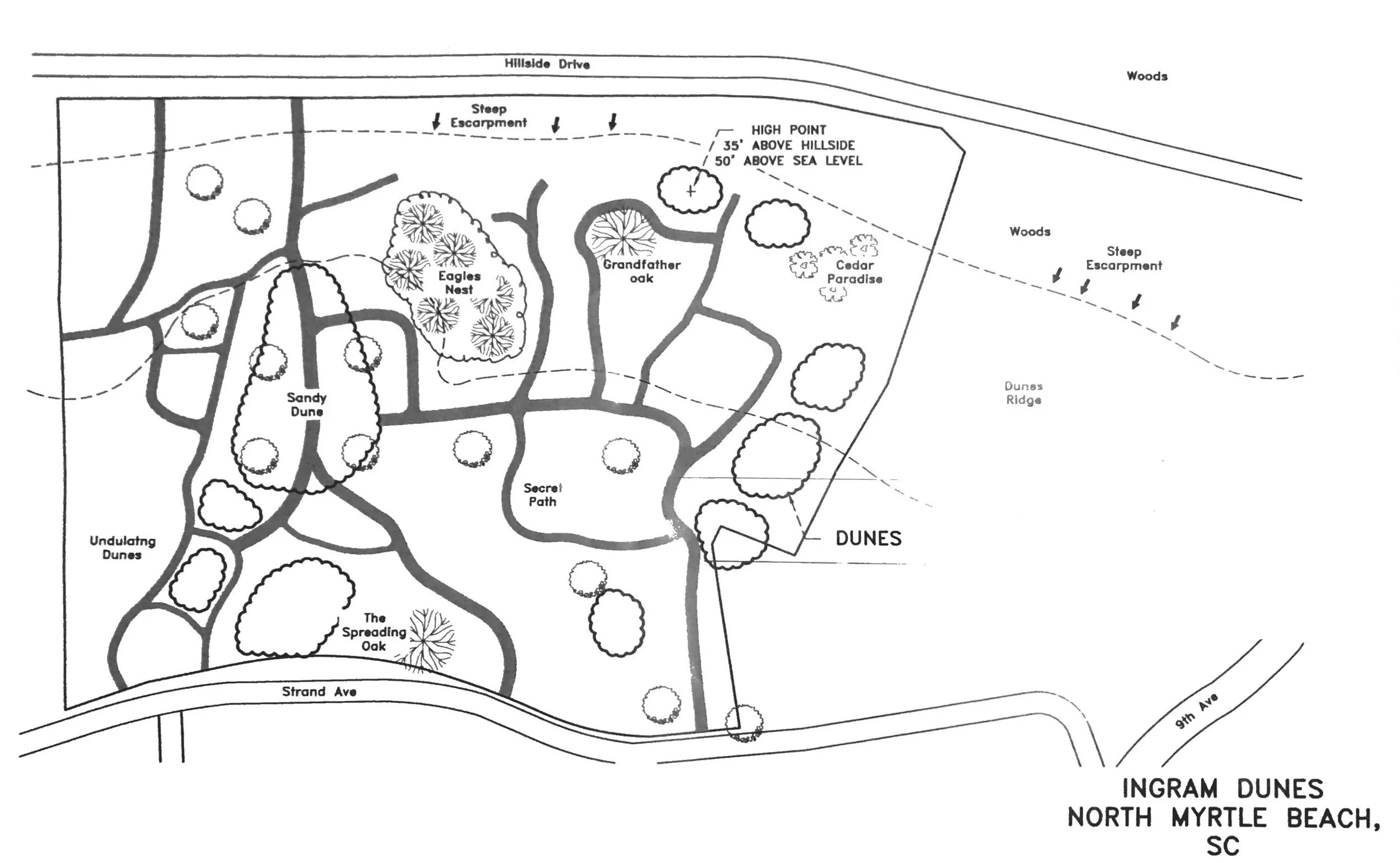
Nature Preserve Proposal: A Map of the Pathways and Major Landmarks at Ingram Dunes
Why should we preserve Ingram Dunes?
- Preserve one of the last unspoiled stretches of forest in North Myrtle Beach: Once these dunes are destroyed they cannot be replaced.
- A unique attraction for our area: It is one of the highest dunes left in the entire state of South Carolina
- Save a natural place for future generations to enjoy: Generations of residents have enjoyed walking through Ingram Dunes. The property is filled with pathways; it is a ready-made preserve.
- Provide a peaceful, shaded refuge from the heat and sun for residents and tourists alike.
- Keep our beaches and waterways clean: The dunes naturally absorb and manage stormwater that would otherwise cause flooding in our neighborhood and pollution runoff to our streets, waterways, and beaches.
- Save money: The City of North Myrtle Beach is expecting to spend well over $100 million dollars on stormwater mitigation in the next 35 years. Stormwater runoff is caused in part by the destruction of natural habitats like Ingram Dunes. One inch of rain falling on one acre of forest results in 750 gallons of runoff, but if the same rain were to fall on one acre of paved parking lot there would be 27,000 gallons of runoff.


